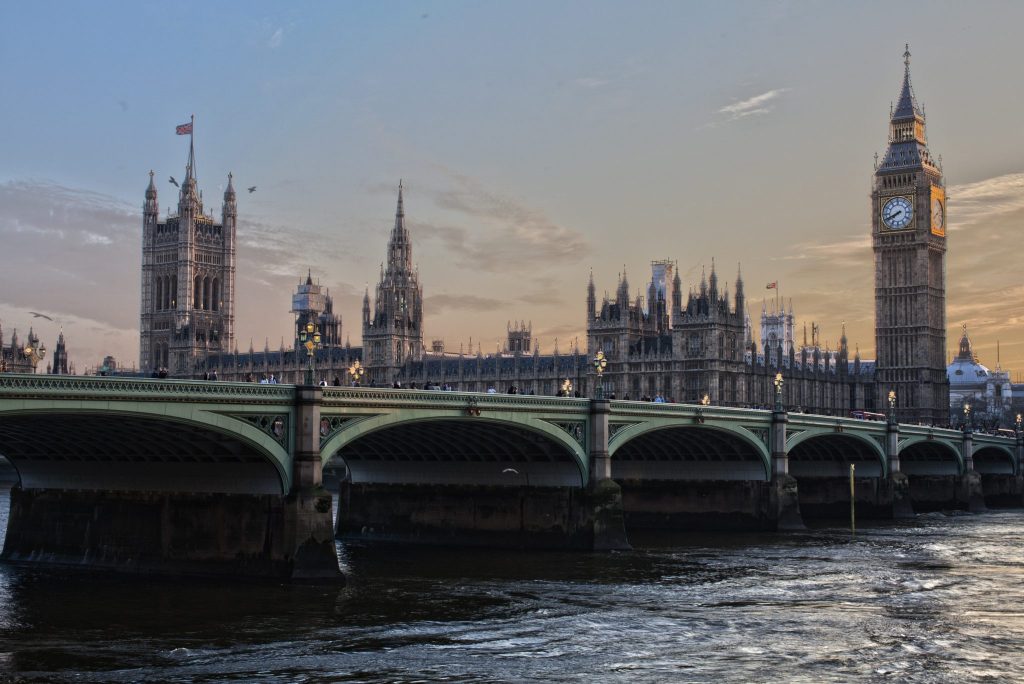The UK government has rejected the EU’s initial request to open up an office in Belfast. The office would mark a permanent and established presence in Northern Ireland’s capital, which the Foreign Office has claimed would go beyond the rules of the withdrawal agreement.
The UK left the EU on the 31st January 2020. In response to Brexit, the EU have closed their offices throughout the UK, however, still have the right to monitor goods that cross the Irish sea.
Some are concerned that this would be seen as a step in joint policing the UK-Northern Ireland customs border, which the British government had fought against during the withdrawal agreement negotiations.
The withdrawal agreement states that Northern Ireland will effectively remain in the single market as well as the UK’s customs territory. However, this also means that the EU customs code applies to goods that travel between Northern Ireland and all other areas of the UK.
A spokesman for the European commission said: “We can confirm that we have sent letters to the UK regarding a proposal to open a technical office in Belfast with specific technical capabilities to ensure the implementation of the protocol on Ireland/Northern Ireland. This issue was raised in the joint committee on Monday. We remain in contact with the UK on this point.”
Michelle O’Neill, along with the Northern Ireland Alliance and leaders for the Greens, Labour and Social Democratic party, wrote that:
“As party leaders representing a majority of citizens who voted to remain within the EU, we feel strongly that an office in Belfast is necessary to ensure the implementation of the protocol on Ireland/Northern Ireland which you negotiated with the EU”
“To oppose the opening of such an office by the EU in Belfast represents an act of bad faith by your government and a breach of trust at this critical stage of the process.”
A UK government spokesman has stated the initial request for this office was declined in February, however “We have since received a follow-up letter to which we will respond in due course.”
